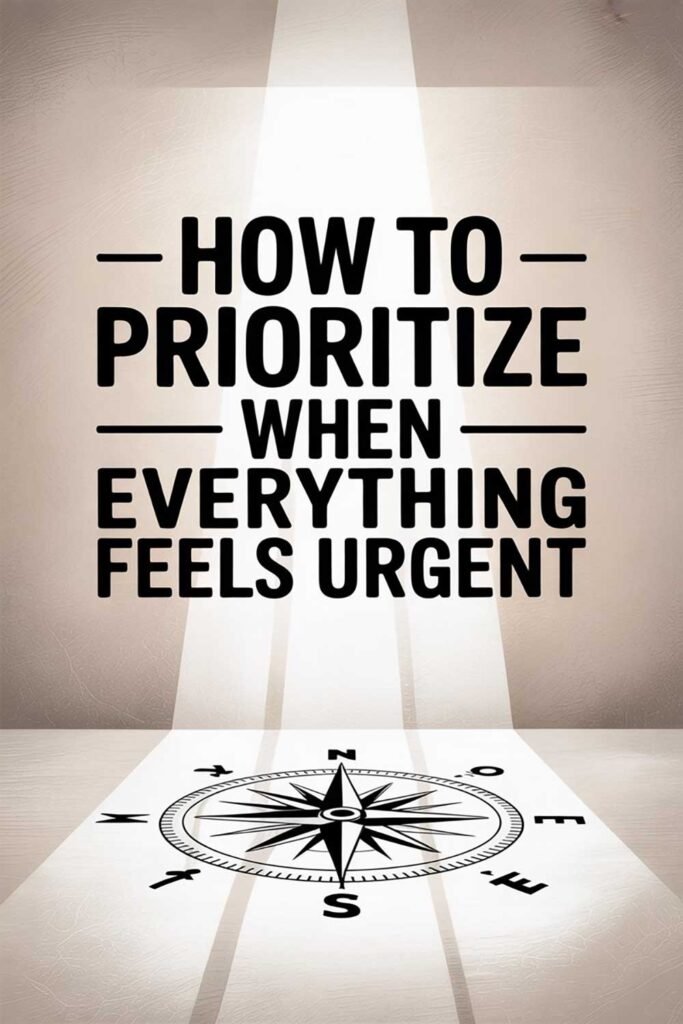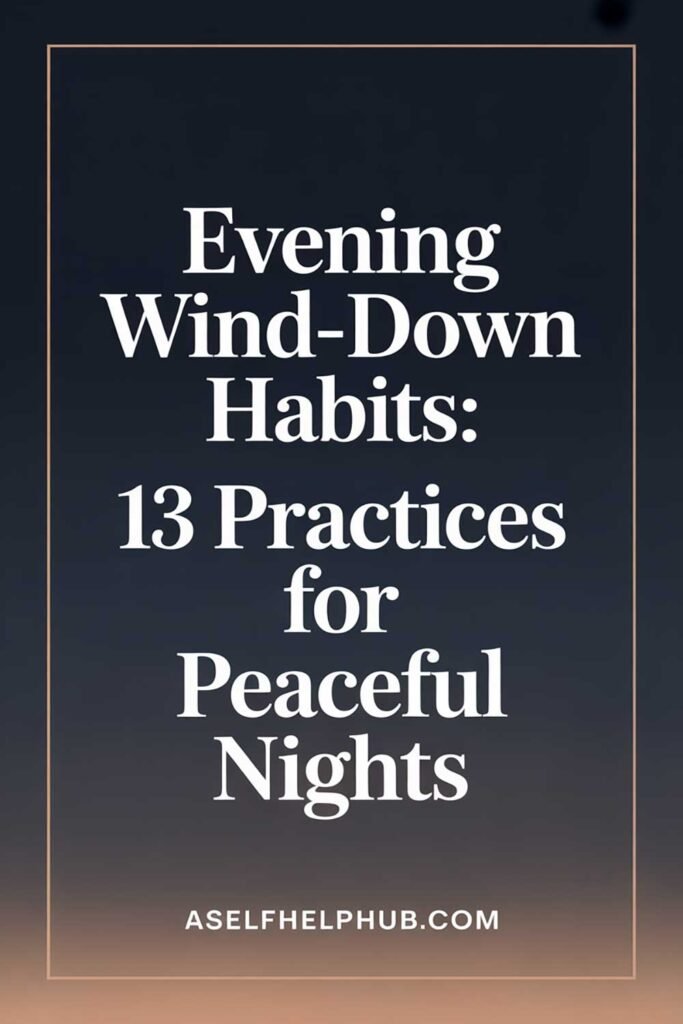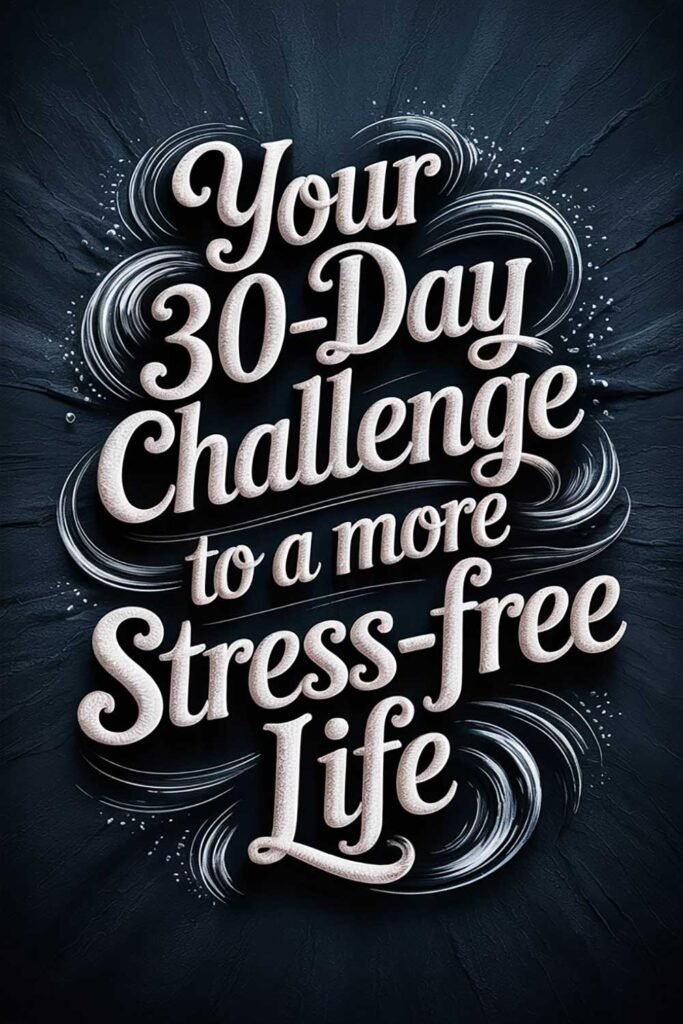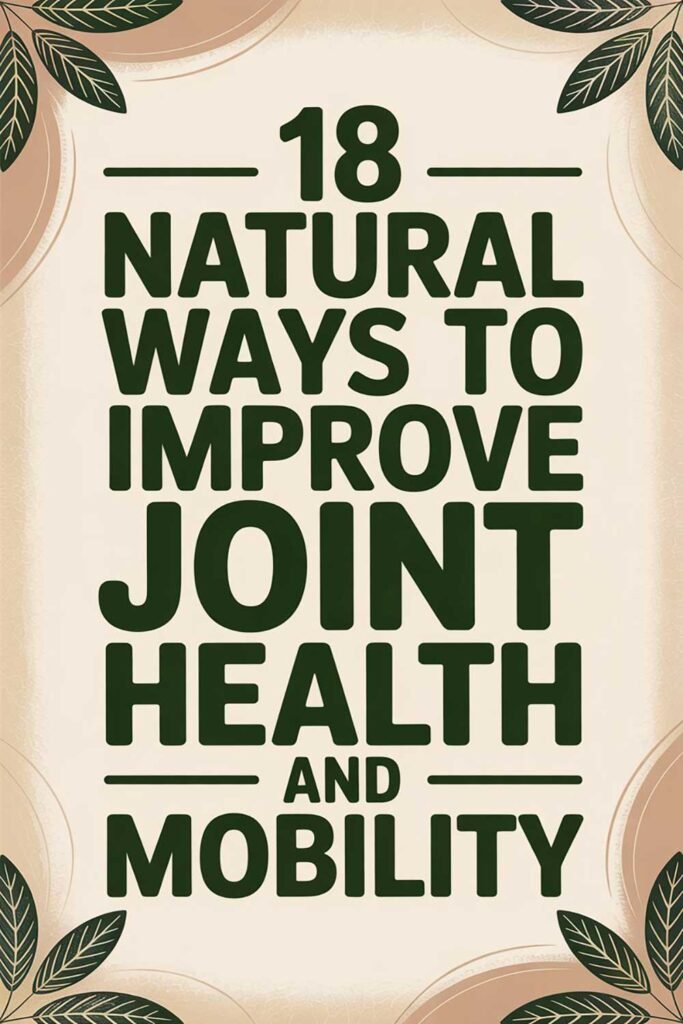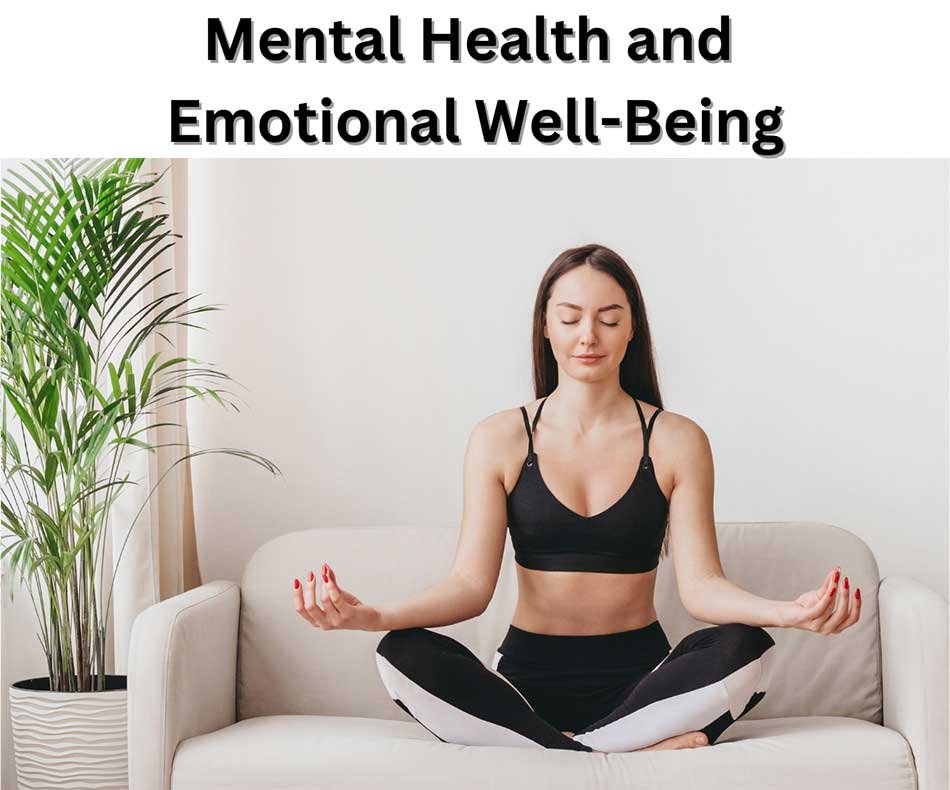
Mental Health and Emotional Well-Being: Building a Strong Foundation
In our fast-paced, demanding world, the conversation around mental health and emotional well-being has thankfully gained much-needed momentum. No longer relegated to the shadows, these are now recognized as fundamental pillars of a fulfilling and productive life, just as crucial as physical health. Yet, understanding what it truly means to cultivate strong mental health and emotional well-being, and how to actively build that foundation, remains a journey for many.

Mental health isn’t merely the absence of mental illness; it’s a state of complete mental, physical, and social well-being. Emotional well-being is the ability to manage emotions effectively, cope with life’s challenges, and generally feel good about oneself and one’s life. When this foundation is weak, we become vulnerable to stress, anxiety, overwhelm, and the inevitable curveballs of life hit harder. However, by intentionally building and nurturing these aspects of ourselves, we create resilience, foster inner peace, and unlock our capacity for joy and thriving. Understanding what is emotional intelligence and why it matters is a crucial starting point for this journey.
This article will delve into the critical importance of mental health and emotional well-being, explore the core components of a strong foundation, and provide actionable strategies you can implement today to cultivate inner strength, balance, and lasting peace.
Why a Strong Foundation Matters: Beyond Just “Feeling Fine”
Investing in your mental and emotional well-being is not a luxury; it’s a necessity that impacts every facet of your life:
- Resilience: The ability to bounce back from adversity, setbacks, and stress.
- Physical Health: Strong mental health positively influences physical health outcomes, from sleep quality to immune function.
- Relationships: Emotional well-being fosters empathy, improves communication, and strengthens connections with others.
- Productivity & Performance: A clear, calm mind is more focused, creative, and effective in work and daily tasks. Even when pursuing home-based business opportunities, mental resilience is paramount.
- Decision-Making: Emotional regulation allows for clearer, more rational choices.
- Overall Life Satisfaction: Feeling content, hopeful, and purposeful, even amidst challenges.
Ignoring mental and emotional well-being leads to chronic stress, burnout, anxiety, and a diminished capacity to experience joy.
Building Your Foundation: Key Pillars of Mental and Emotional Well-Being
Cultivating a strong mental and emotional foundation involves nurturing several interconnected areas:
1. Emotional Awareness & Regulation
Understanding and managing your feelings is fundamental.
- The Strategy: Practice identifying your emotions as they arise, without judgment. Learn healthy coping mechanisms to respond to intense emotions (e.g., deep breathing, taking a break, journaling) rather than reacting impulsively. This is key to how to stay calm when you’re emotionally triggered.
- Real-Life Example: Sarah used to react to frustration with explosive anger. She learned to pause, identify the feeling as “frustration,” and then choose to take 5 deep breaths before speaking. This small pause gave her control over her response, preventing many regretted outbursts.
2. Mindful Self-Care & Recharge
Consistently nurturing your physical and mental energy.
- The Strategy: Prioritize daily habits that replenish your energy: adequate sleep, nutritious food, regular physical activity, and intentional breaks. These aren’t optional extras; they’re non-negotiable. Explore emotional self-care: 12 simple ways to start to find what resonates with you.
- Real-Life Example: Mark used to burn the candle at both ends. He started treating sleep as a sacred commitment and scheduled daily walks in nature. These consistent acts of self-care significantly reduced his anxiety and boosted his overall mood.
3. Healthy Boundaries
Protecting your time, energy, and emotional space.
- The Strategy: Learn to say “no” to requests that overextend you. Define clear limits in your relationships and work life. Communicate your boundaries respectfully but firmly.
- Why it Matters: Boundaries prevent resentment, exhaustion, and feeling overwhelmed by others’ demands.
- Real-Life Example: Emily frequently felt drained by a friend who constantly called to vent. She set a boundary: “I can chat for 15 minutes, but then I need to get back to my tasks.” This protected her energy without abandoning her friend.
4. Positive Relationships & Social Connection
Humans are social creatures; meaningful connections are vital for well-being.
- The Strategy: Nurture relationships with people who uplift and support you. Limit exposure to toxic relationships. Engage in community activities or groups that align with your interests.
- Why it Matters: Strong social bonds provide emotional support, a sense of belonging, and reduce feelings of isolation.
- Real-Life Example: David, after moving to a new city, felt isolated. He joined a local hiking club and a book group. These new connections provided camaraderie and a sense of community that significantly improved his emotional well-being.
5. Meaning & Purpose
Having a sense of direction and contribution.
- The Strategy: Reflect on your values, passions, and what truly gives your life meaning. Engage in activities that align with your purpose, whether through work, volunteering, or creative pursuits.
- Why it Matters: A sense of purpose provides resilience, motivation, and a buffer against life’s challenges.
- Real-Life Example: Liam found his job unsatisfying. He discovered his passion for environmental advocacy and started volunteering for a local clean-up group. This sense of purpose outside of work significantly boosted his emotional well-being and overall life satisfaction.
6. Mindful Coping Strategies
Developing healthy ways to manage stress and difficult emotions.
- The Strategy: Instead of defaulting to unhealthy coping mechanisms (like excessive eating, drinking, or mindless scrolling), practice mindful alternatives. This might include meditation, journaling, deep breathing exercises, or engaging in a hobby. For example, understanding 9 strategies for managing emotional eating can be a critical step in building healthier habits. You might also explore complementary approaches like 15 essential oils that can improve your well-being for stress reduction.
- Real-Life Example: Brenda used to stress-eat chips and watch TV. She replaced this with a 10-minute meditation session or a walk when feeling overwhelmed. This proactive shift in coping strategies significantly reduced her anxiety and improved her overall mental state.
Building an Unshakeable Foundation: A Continuous Process
Building strong mental health and emotional well-being is not a one-time fix but a continuous journey of self-awareness, intentional practice, and self-compassion. There will be good days and bad days, breakthroughs and setbacks. The key is consistency and a commitment to nurturing yourself, just as you would nurture a garden.
By prioritizing these pillars, you create a robust foundation that allows you to navigate life’s inevitable storms with greater resilience, experience joy more deeply, and live a life of authentic well-being. Invest in your inner world; it’s the most valuable asset you possess.
20 Empowering Quotes on Mental Health and Well-Being:
- “Mental health is not a destination, but a process. It’s about how you drive, not where you’re going.” – Unknown
- “Your mental health is a priority. Your happiness is essential. Your self-care is a necessity.” – Unknown
- “It’s okay not to be okay.” – Unknown
- “Healing takes time, and asking for help is a brave step.” – Unknown
- “Rule your mind or it will rule you.” – Horace
- “You yourself, as much as anybody in the entire universe, deserve your love and affection.” – Buddha
- “Peace comes from within. Do not seek it without.” – Buddha
- “What consumes your mind controls your life.” – Unknown
- “Self-care is not selfish. You cannot pour from an empty cup.” – Unknown
- “The wound is the place where the Light enters you.” – Rumi
- “The best way out is always through.” – Robert Frost (For processing emotions).
- “Healthy boundaries are the foundation of healthy relationships, including with yourself.” – Unknown
- “The quieter you become, the more you can hear.” – Ram Dass (Listen to your inner self).
- “Emotional intelligence is the ability to understand, use, and manage your own emotions in positive ways.” – N.B.
- “You are the sky. Everything else is just the weather.” – Pema Chödrön
- “Your emotions are valid. How you react to them is a choice.” – Unknown
- “The greatest act of courage is to be yourself.” – Unknown
- “True strength is not the absence of fear, but the triumph over it.” – Nelson Mandela (Applies to mental health struggles).
- “The power of self-healing is within you.” – Unknown
- “Inner peace begins the moment you choose not to allow another person or event to control your emotions.” – Unknown
Picture This
Imagine your mental health and emotional well-being as a magnificent tree. If its roots are shallow or neglected, even a slight breeze can make it sway precariously, and a strong storm could uproot it completely. This is a fragile foundation. Now, picture yourself tending that tree with intention. You ensure its roots are deep and nourished (emotional awareness, self-care), its trunk is strong (healthy boundaries, resilience), and its branches reach towards the sun (purpose, positive relationships). When the winds of life’s challenges inevitably blow, the tree sways, but its deep roots hold it firm. It might lose a few leaves, but its fundamental strength allows it to weather the storm and continue to flourish. This is a strong foundation in mental and emotional well-being.
Share This Article
Did this article help you understand how to build a strong foundation for mental health and emotional well-being? Share it with friends, family, or on social media to help others cultivate inner strength and lasting peace!
Disclaimer
This article is intended for informational purposes only and provides general guidance on mental health and emotional well-being. It is not a substitute for professional medical advice, diagnosis, or treatment for specific mental health conditions. Individual experiences and the effectiveness of strategies may vary. If you are experiencing severe or persistent mental health challenges, please consult with a qualified mental health professional.


